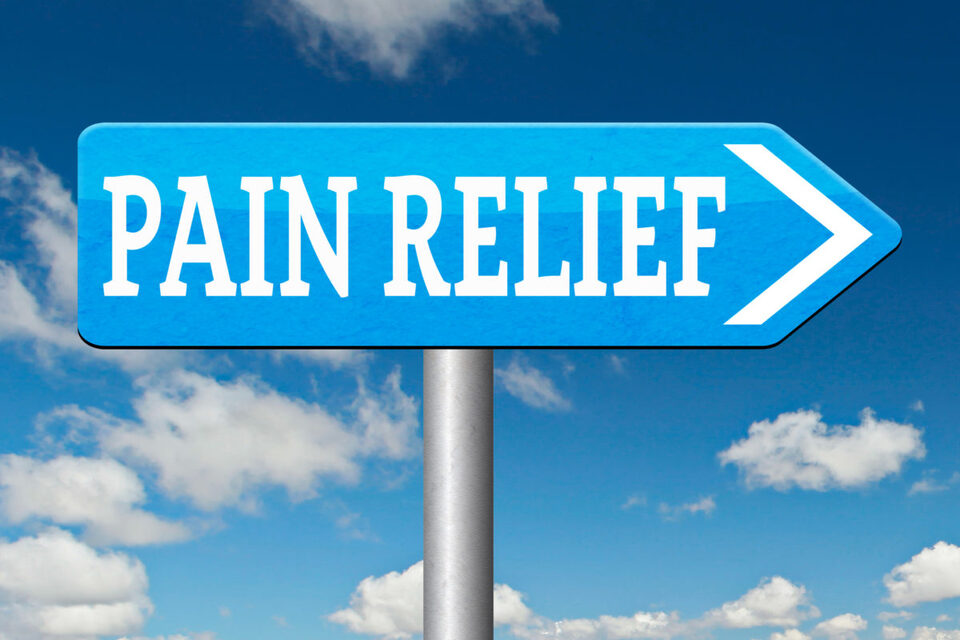
Trauma is often associated with significant life-altering events, such as natural disasters, war, or serious accidents. However, there exists another form of trauma that is less obvious but equally profound in its impact on an individual's life - small "t" trauma. Unlike big "T" trauma, small "t" trauma refers to the cumulative effect of minor distressing experiences or events that may not be immediately identifiable as traumatic but can leave lasting emotional imprints on a person's psyche. In this article, we will explore the concept of small "t" trauma and delve into how it can influence and shape someone's life, including susceptibility to chronic physical and emotional pain and illness.
Understanding Small "t" Trauma
Small "t" trauma encompasses a wide range of distressing experiences that, when combined, may become overwhelming for an individual. It can include repeated or prolonged exposure to emotionally challenging situations, such as chronic neglect, subtle emotional abuse, parental conflicts, bullying, a significant loss, or growing up in an environment characterized by instability or unpredictability. Small “t” trauma and big “T” trauma in childhood are collectively referred to as adverse childhood experiences (ACEs).
While these experiences might not be as overtly traumatic as a catastrophic event, they can disrupt a person's sense of safety, security, and well-being. The cumulative effect of these experiences can be especially damaging, as they may go unnoticed or unaddressed, leading to long-term emotional, psychological, and even physical consequences.
Take the Adverse Childhood Experiences Questionnaire for Adults to Find Out How Susceptible You Are
Impact of Small "t" Trauma on Emotional and Mental Health
Small "t" trauma can trigger various emotional responses and mental health challenges. Individuals who have experienced such trauma may develop anxiety, depression, or other mood disorders. They may struggle with self-esteem issues, feelings of inadequacy, or chronic self-doubt, as these experiences can lead to a distorted self-perception. Moreover, small "t" trauma can make it difficult for individuals to trust others, form healthy relationships, and maintain emotional intimacy.
Coping Mechanisms and Behavior as a Result of Small "t" Trauma
To cope with small "t" trauma, individuals often develop adaptive mechanisms that help them navigate their daily lives. These coping strategies may include avoiding certain situations, suppressing emotions, or engaging in addictive behaviors like substance abuse. Unfortunately, these coping mechanisms, while initially helpful, can become maladaptive over time, hindering personal growth and creating a cycle of further distress.
Impact of Small "t" Trauma on Interpersonal Relationships
Small "t" trauma can significantly impact one's ability to form and maintain healthy relationships. Difficulty in trusting others and fear of emotional vulnerability can lead to social withdrawal or a pattern of tumultuous relationships. For some individuals, the trauma may manifest in a tendency to repeat unhealthy relationship dynamics they experienced in the past, perpetuating a cycle of emotional pain and distress.
Physical Health Consequences of Small "t" Trauma
The impact of small "t" trauma is not limited to emotional and mental health; it can also have physical consequences. The stress response triggered by these experiences can lead to chronic health issues, such as high blood pressure, digestive problems, and compromised immune function. Additionally, the prolonged effects of stress can contribute to an increased risk of developing chronic pain and chronic illnesses later in life.
Small “t” Trauma and Chronic Pain
Small "t" trauma can create chronic pain through complex interactions between the mind and body. Several psychological and physiological factors contribute to the development and persistence of chronic pain in individuals who have experienced small "t" trauma. Here are some ways small "t" trauma may be linked to chronic pain:
- Stress Response: Small "t" trauma can activate the body's stress response, leading to the release of stress hormones like cortisol and adrenaline. Prolonged exposure to stress hormones can cause physiological changes in the body, contributing to chronic pain conditions such as tension headaches, muscle pain, and fibromyalgia.
- Hypervigilance and Hyperarousal: Experiencing small "t" trauma can make individuals hypervigilant and hyper aroused, with an increased awareness of potential threats and danger. This constant state of alertness can lead to muscle tension and increased sensitivity to pain.
- Psychosomatic Symptoms: Emotional distress from small "t" trauma can manifest as physical symptoms without a clear underlying medical cause. This phenomenon is known as psychosomatic symptoms and can include chronic pain, gastrointestinal issues, and other somatic complaints.
- Maladaptive Coping Mechanisms: Individuals who have experienced small "t" trauma may develop maladaptive coping mechanisms to deal with emotional pain, such as avoiding emotions or using substances to numb their feelings. These coping strategies can lead to physical symptoms, including chronic pain.
- Altered Pain Perception: Small "t" trauma can change how the brain processes pain signals. Emotional and psychological distress can heighten the perception of pain, leading to an increased sensitivity to pain stimuli and a decreased ability to cope with it.
- Childhood Trauma and Pain Sensitization: Small "t" trauma experienced during childhood can have lasting effects on the developing brain, leading to changes in pain processing pathways. These changes may sensitize the pain response system, making individuals more susceptible to chronic pain conditions later in life.
- Trauma Memory and Pain: Trauma memories can be stored in the body, causing physical sensations and pain related to the traumatic experience. This mind-body connection can contribute to chronic pain symptoms that are intertwined with past traumatic events.
- Disrupted Sleep: Small "t" trauma can lead to sleep disturbances, such as nightmares or insomnia. Poor sleep quality can exacerbate pain conditions and reduce the body's ability to heal and recover.
It is essential to recognize the complex interplay between small "t" trauma and chronic pain to provide effective treatment and support. A comprehensive approach that addresses both the psychological and physical aspects of chronic pain is crucial. This may include trauma-informed therapy, pain management techniques, stress reduction strategies, and fostering a supportive and empathetic environment to facilitate healing and improve overall well-being.
How to Heal Small "t" Trauma
Although small "t" trauma can have a profound impact on someone's life, it is essential to recognize that healing and resilience are possible. Recognizing the impact of these experiences and seeking support from mental health professionals can be a crucial step towards recovery. Therapeutic interventions, such as cognitive-behavioral therapy (CBT), trauma-focused therapy (including energy psychology, somatic experiencing, EMDR, pain reprocessing therapy) or mindfulness practices, can help individuals process their emotions, challenge negative thought patterns, and develop healthier coping mechanisms, leading to reductions in pain and improvements in function and quality of life.
Conclusion
Small "t" trauma may be less overt than significant life-altering events, but its impact on an individual's life should not be underestimated. The accumulation of distressing experiences can lead to emotional, psychological, and physical consequences that can persist throughout a person's life. Recognizing the effects of small "t" trauma and seeking support and healing are vital steps towards breaking free from its hold and building a path toward a healthier, more fulfilling life. Remember, healing is possible, and reaching out for help is a sign of strength and resilience.
Find a Mind/Body Medicine Practitioner Near You
For a more extensive review of this topic, see The Influence of Adverse Childhood Experiences in Pain Management: Mechanisms, Processes, and Trauma-Informed Care












Comments